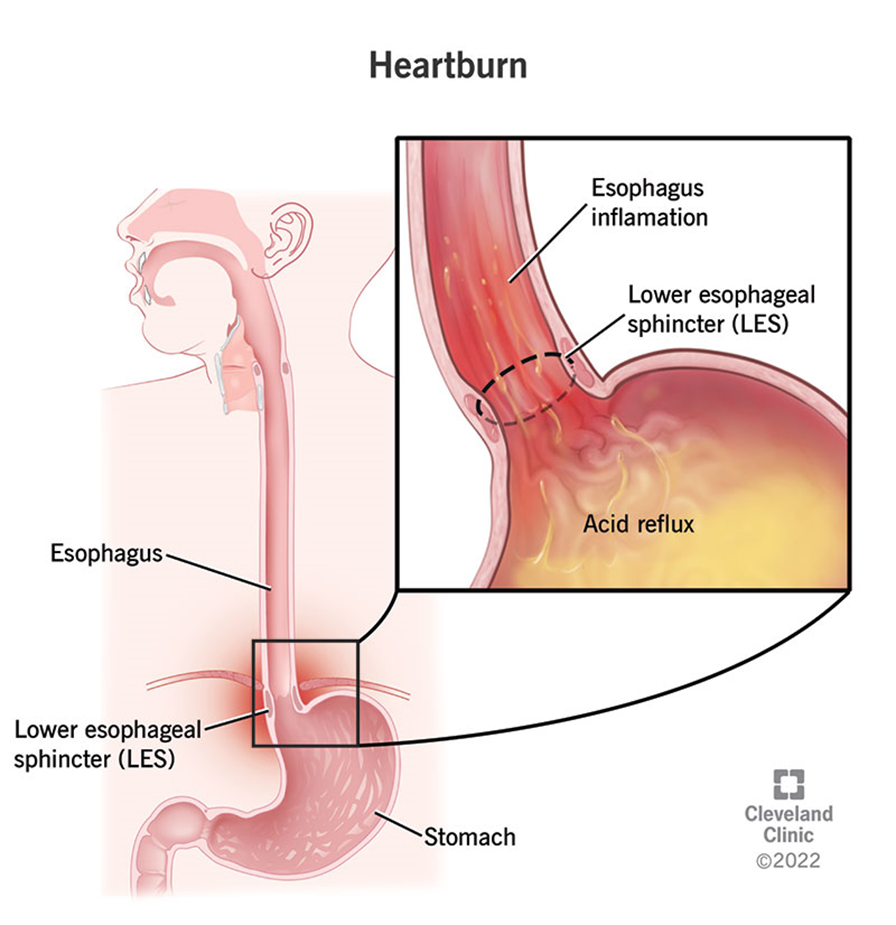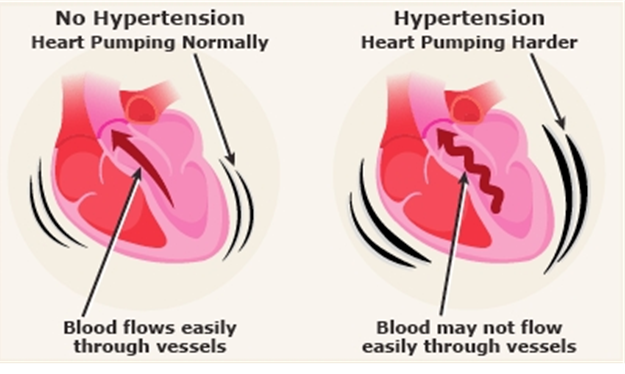A patient with peptic ulcer disease is scheduled to receive doses of pantoprazole IV and sucralfate PO before breakfast at 0800. The patient reports experiencing heartburn. The nurse brings the scheduled medications. Which action should the nurse take?
Provide a PRN dose of antacid along with the scheduled medications.
Instruct the client to take the dose of sucralfate PO while eating breakfast.
Hold the dose of IV pantoprazole until the client has finished eating breakfast.
Administer both of the medications before breakfast as scheduled.
The Correct Answer is D
Choice A Reason:
Providing a PRN dose of antacid along with the scheduled medications is not the best option. Antacids can interfere with the absorption of other medications, including sucralfate and pantoprazole. Sucralfate works by forming a protective barrier on the ulcer site, and pantoprazole is a proton pump inhibitor that reduces stomach acid production. Adding an antacid could alter the effectiveness of these medications.
Choice B Reason:
Instructing the client to take the dose of sucralfate PO while eating breakfast is incorrect. Sucralfate should be taken on an empty stomach, typically one hour before meals, to ensure it can effectively coat the ulcer site and provide protection. Taking it with food can reduce its efficacy.
Choice C Reason:
Holding the dose of IV pantoprazole until the client has finished eating breakfast is not advisable. Pantoprazole is most effective when taken before meals, as it helps to reduce stomach acid production in anticipation of food intake. Delaying the dose could result in less effective acid suppression and increased discomfort for the patient.
Choice D Reason:
Administering both of the medications before breakfast as scheduled is the correct action. Sucralfate should be taken on an empty stomach to form a protective barrier on the ulcer site, and pantoprazole should be administered before meals to reduce stomach acid production. This timing ensures both medications work optimally to manage the patient’s peptic ulcer disease and alleviate symptoms like heartburn.

Nursing Test Bank
Naxlex Comprehensive Predictor Exams
Related Questions
Correct Answer is B
Explanation
Choice A reason: Hypercholesterolemia, or high cholesterol, is not a primary concern when prescribing methylphenidate. While managing cholesterol levels is important for overall cardiovascular health, it does not directly interact with the administration of methylphenidate.
Choice B reason: Hypertension, or high blood pressure, is a critical condition to review before administering methylphenidate. Methylphenidate can increase blood pressure and heart rate, potentially exacerbating pre-existing hypertension. Monitoring and managing blood pressure is essential to prevent complications such as stroke or heart attack.

Choice C reason: Diabetes mellitus is important to manage, but it is not directly affected by methylphenidate. While some medications can influence blood sugar levels, methylphenidate primarily affects the central nervous system and cardiovascular system.
Choice D reason: Bronchitis, an inflammation of the bronchial tubes, is not a primary concern with methylphenidate use. Although respiratory conditions should be managed appropriately, they do not typically interact with the effects of methylphenidate.
Correct Answer is A
Explanation
Choice A reason: Baclofen is a muscle relaxant that can cause side effects such as dizziness and fatigue, especially when starting the medication or adjusting the dose1. These symptoms are usually temporary and may subside as the body adjusts to the medication. Advising the client to avoid hazardous activities, such as driving or operating heavy machinery, helps prevent accidents and ensures safety while the body adapts to the new medication.
Choice B reason: Increasing the intake of fluids and high-protein foods is generally good advice for overall health but is not specifically related to managing the side effects of baclofen. While staying hydrated and maintaining a balanced diet can support overall well-being, it does not directly address the dizziness and fatigue caused by baclofen.
Choice C reason: Stopping the medication immediately is not recommended without consulting a healthcare provider. Abruptly discontinuing baclofen can lead to withdrawal symptoms, including hallucinations and seizures4. It is important to follow a healthcare provider’s guidance when adjusting or stopping any medication.
Choice D reason: Obtaining transportation to the emergency department is not necessary unless the symptoms are severe or accompanied by other concerning signs, such as difficulty breathing or chest pain. Mild to moderate dizziness and fatigue are common side effects of baclofen and can typically be managed with caution and monitoring.
Whether you are a student looking to ace your exams or a practicing nurse seeking to enhance your expertise , our nursing education contents will empower you with the confidence and competence to make a difference in the lives of patients and become a respected leader in the healthcare field.
Visit Naxlex, invest in your future and unlock endless possibilities with our unparalleled nursing education contents today
Report Wrong Answer on the Current Question
Do you disagree with the answer? If yes, what is your expected answer? Explain.
Kindly be descriptive with the issue you are facing.
